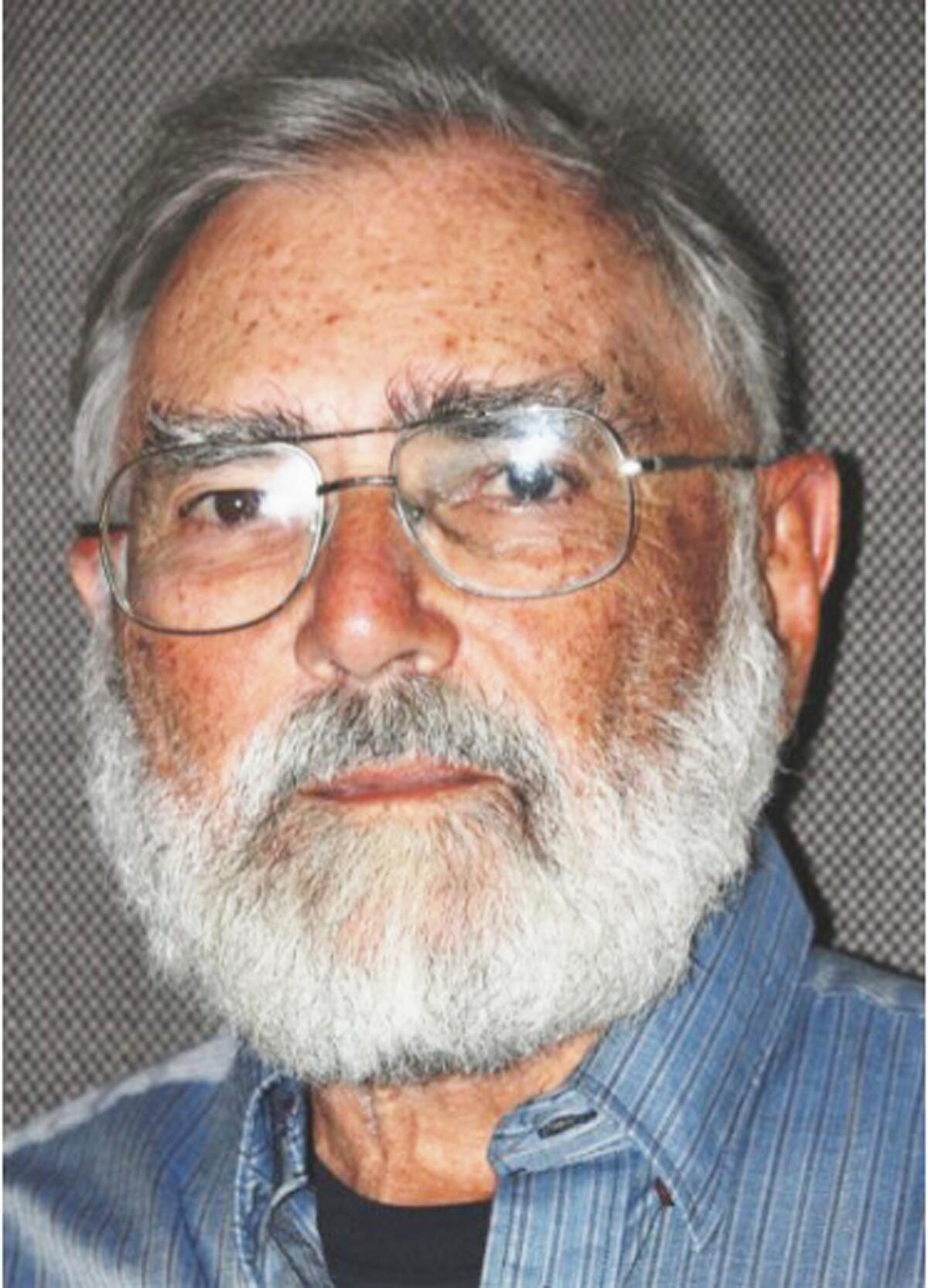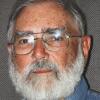Just Sayin’: Dealing with diversity and censorship at Poway Unified

Have you heard the chatter? Possible book banning in our Poway Unified schools? Cutting honors and Advanced Placement courses at San Diego Unified? Incidents of hate speech in schools? What about “Equity” issues and Critical Race Theory (CRT)? Is the new Middle College model a way to get poor performers out of the school or to offer an alternate path forward?
This is a little off my regular beat — a look into the Poway Unified School District (PUSD). I was concerned about pressures and policies regarding any stifling of education due to political/religious/racial/gender biases, as well as any efforts to reduce the broad span of educational options for students of all levels of academic potential.
Thanks to a 45-minute discussion with Carol Osborne, PUSD’s associate superintendent, Learning Support Services, we have some credible answers.
The district’s goal is to “make the kids feel safe,” Osborne offered as an overarching concern. This comes from parents, students and teachers alike, and extensive mechanisms are in place to identify and resolve issues. All learning and policy initiatives are directed toward supporting a “culture of belonging,” thwarting feelings of isolation that are common for students of religious or racial minorities and those who identify as LGBTQ, she said.
Osborne was referring to frequent hateful verbal attacks that are upsetting to the targeted students. As a response, the educational staff has been trained to be ready to intercept. Based on anti-racism programs, such as the Anti-Defamation League’s “No Place for Hate,” students and staff learn to stand up to such abuse. Student panels are encouraged to engage with staff to address their concerns.
PUSD has developed an elective course, for juniors and seniors, in Ethnic Studies, teaching history and respect for all cultures. While the state has developed a course framework, and will be making it a required course, PUSD has already looked at best practices and is moving forward with the program.
This has no relationship to CRT, which is a college-level course, not a course in our local schools. This distinction is important as there has been much discussion and concern that this emerging high school curriculum might contain what is commonly referred to as “Critical Ethnic Studies”, which is likely to focus on victim/oppressor models.
There have been news reports regarding a request from a few PUSD parents to remove two books that were donated to the high school libraries. Osborne noted that these are both graphic novels, memoirs from two members of the LGBTQ community. In the eyes of some, the pictures are considered to be pornographic. PUSD has a committee, comprised of parents, educators and students, that is evaluating the books for “educational value.” The books are not part of any course and are available to library users by choice. There has been virtually no active circulation.
There was a newsworthy issue last year about the curtailing of honors and AP courses at Patrick Henry High School in the San Diego Unified School District. The principal was cutting these courses because of the “stigma” for slower learners. This policy change would have opened the door to a philosophy that it is unjust to offer learning challenges and opportunities unless available to all levels of academic spectrum. In response to my inquiry, Osborne noted that PUSD has maintained and is even growing the advanced programs. But they have removed the academic requirements to qualify, assuming that students would be hesitant to apply unless they could achieve a satisfactory grade at that level.
On the other end of the learning spectrum, PUSD schools have made special classes available to students who need extra help with some subjects, such as mathematics. Intervention and tutoring is available for students with D’s and F’s and options for credit recovery are available for those who failed a subject.
Even with the respect for the needs of students across a large range of learning performance, there are still some that have trouble fitting in the standard educational models. They often have excessive absences and do not go on to college. PUSD has joined a growing movement to something called Middle College. Open to selected juniors and seniors (34 in the first class) the Middle College is a partnership with Palomar College where they can take courses aimed at getting them through high school and beginning college classes, usually coupled with internships at local companies.
This program is designed to prepare them for continued college-level learning either in technical or academic fields. Without these programs, these students might have a difficult time graduating from high school.
Finally, I queried Osborne about pressures from conservative activists and parents to curtail some instruction. She noted that about a half-dozen people, some affiliated with a group called Californians for Equal Rights, are attending board meetings. They usually voice opposition to Ethnic Studies, and are critical of diversity and LGBTQ awareness programs.
When it comes to what the students want, Osborne replied “they ask the school to make the classrooms safe and to help them to become better humans.”
Having had a good discussion with Carol Osborne on this topic, we would welcome comments and responses from the interested public for a future follow-up column.
Get the Pomerado News in your inbox weekly
Top headlines from Poway, Rancho Bernardo and 4S Ranch, every Thursday for free.
You may occasionally receive promotional content from the Pomerado News.



